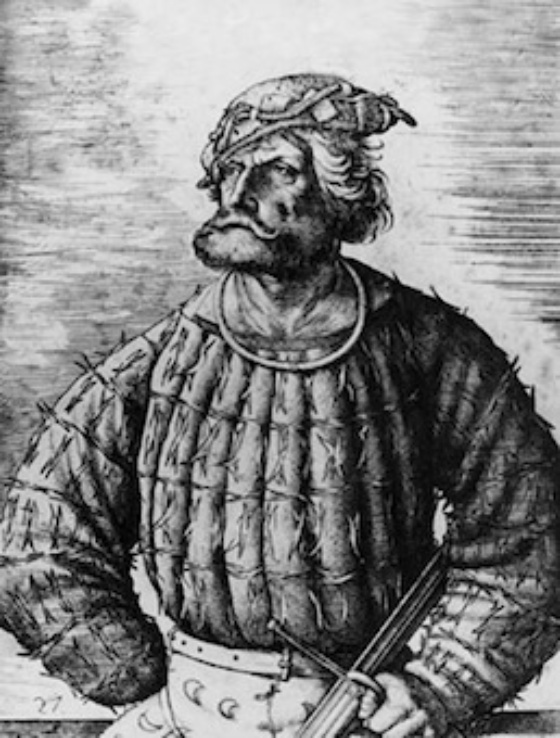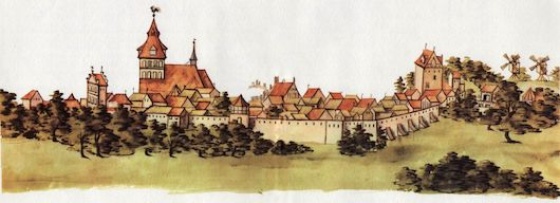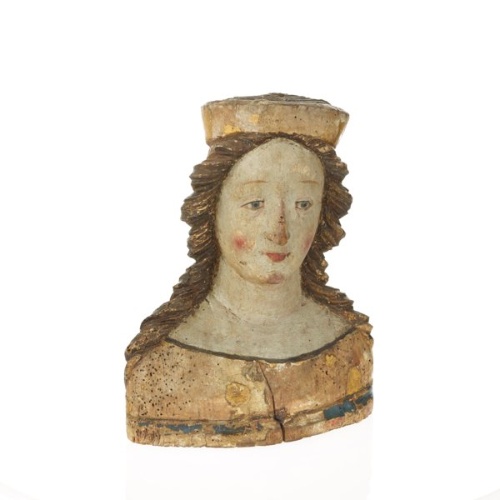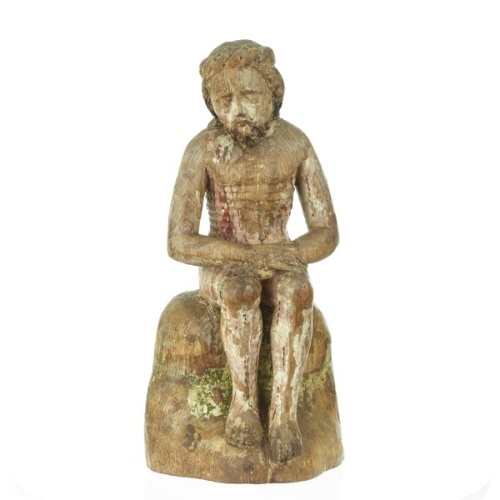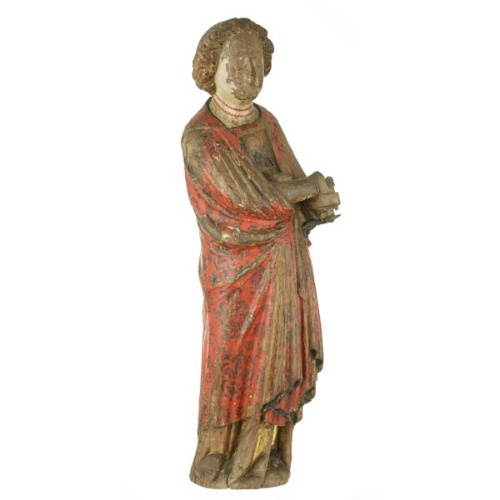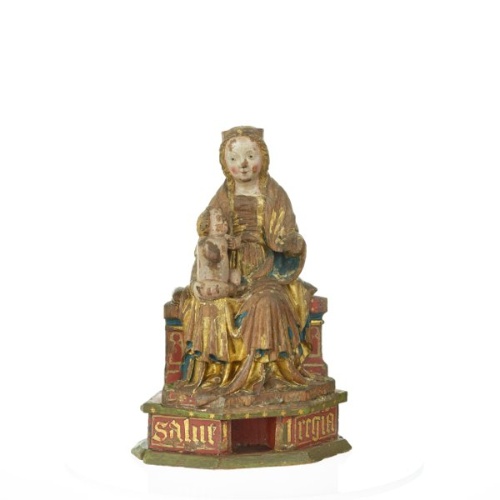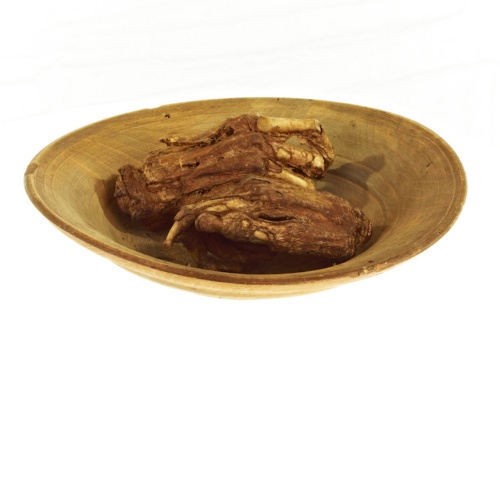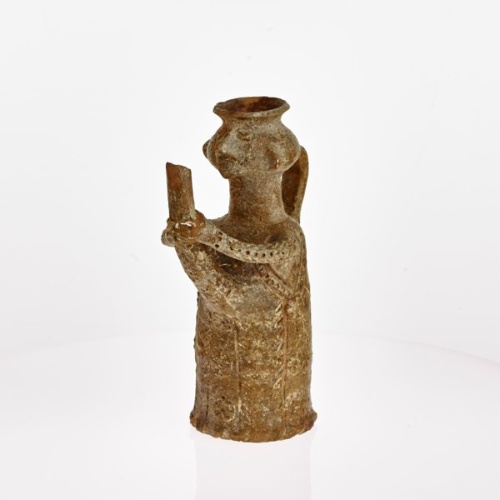The politically active Hanseatic League of cities in northern Europe arose from the merchants‘ association. It met for the first Hanseatic day in 1356. The Danish king Waldemar IV. was conquered by the Stralsund peace in 1371, which was signed by 31 cities. The pirate Klaus Störtebeker was alternatively both ally and opponent.
Seaside towns were dominated by the patriciate, from which the skilled crafts and trades were independent. Journeymen and service providers revolted to demand social improvements.
Dukes Albert II. and John I. acquired the county of Schwerin in 1358.
New Gothic churches were built. The Inquisition pursued suspected heretics, witches, sorcerers and the “superstitious” religious traditions of the Slavs. Infant mortality rates were high. Women often died after childbirth. Countless people lost their lives to the plague and cholera between 1350 and 1387. Armed robberies were part of everyday life.
